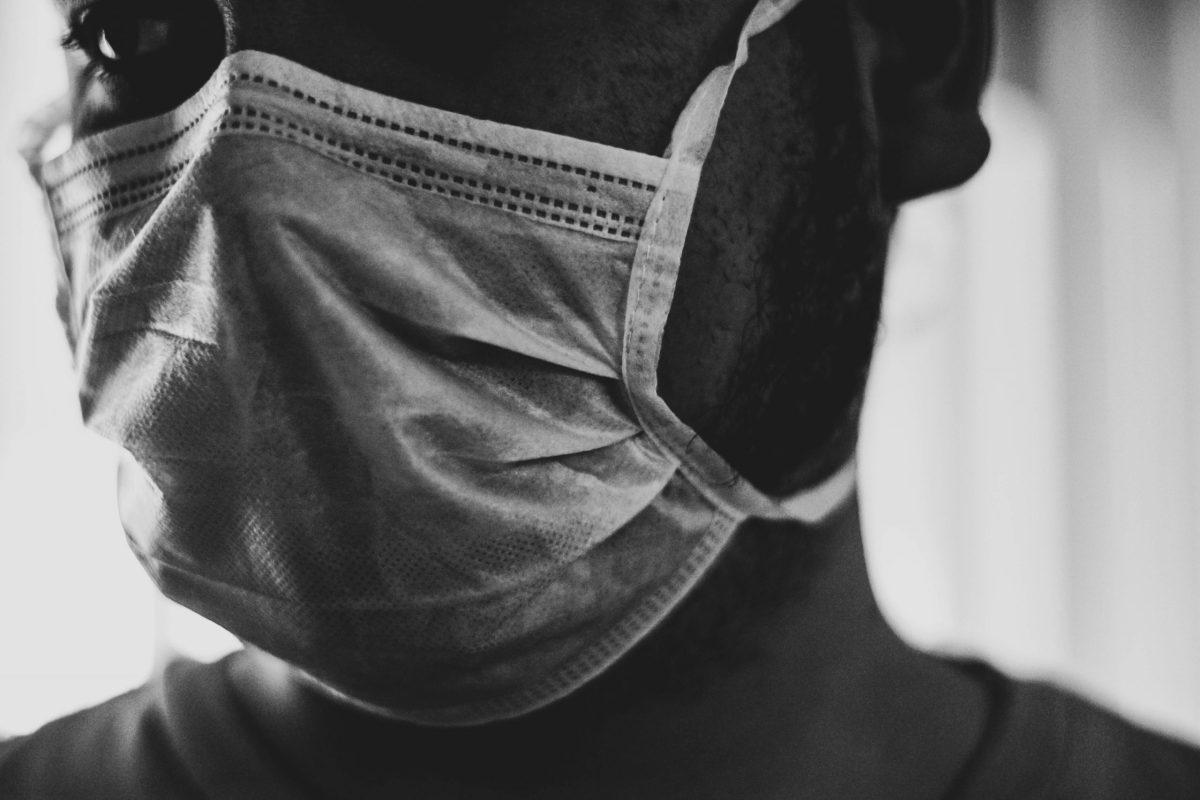As a result of the COVID-19 pandemic, policies that increased accessibility, many of which people with disabilities had been advocating for for years, were implemented in the United States. Although the pandemic isn’t over by any means, many of these policies are already being rolled back in the name of returning to normalcy. However, what many policy-makers have failed to consider is that these policies not only increase accessibility for disabled people, but also benefit everyone in society. This is due to something called the curb-cut effect — the idea that policies aimed to benefit vulnerable groups in society, such as people with disabilities, often help everyone. Here are some of the policies that should stay, as well as some that should have been implemented much earlier:
1. Hybrid and Remote Options:
From healthcare to work to education, the pandemic ushered in new hybrid and remote options that had previously been presented as impossible. Not only did remote options help reduce the spread of disease, it also eased the lives of people with disabilities by reducing the amount of time and energy it takes to attend these events. Hybrid class and work options allow people with chronic illnesses or disabilities to still participate, even when they might not have the ability to leave the house that day. In addition to the accessibility benefits, hybrid and remote options have allowed people to participate in events that would otherwise be too far away or too expensive to travel to. I’ve been able to attend events that I wouldn’t have been able to otherwise because they were too far away or too expensive to get to, or stay in contact with friends who live 12 hours away.
2. Masking:
I would like to see some degree of masking continue beyond COVID-19, especially in places like hospitals or doctors’ offices, crowded areas and during flu season. Not only does masking reduce the transmission of airborne diseases, using them also makes it safer for immunocompromised people to interact with the world. However, it’s also important to recognize that masks, especially the most protective ones, are often expensive and hard to come by, and this absolutely needs to change.
3. Staying Home When Sick:
To be honest, I was definitely that person in high school who went to school with a temperature of 100.3 degrees because it wasn’t technically a fever, and I regret that. Staying home when sick when possible will help everyone get sick less often, which is especially important for people who have a weakened immune system. Hybrid options are especially useful in this context, as it allows for people who are sick to still participate, thus eliminating people’s desires to attend in person events while contagious.
4. Greater Access to Voting by Mail
Voting in person is often difficult for disabled people because of barriers in access to transportation, waiting in long lines or physically accessible polling locations. Voting by mail allows people with disabilities (and people who work during polling hours, live far away from polls, etcetera) to be civically active much more easily.
While the few policies I’ve brought up are important, many of these policies still do not address the root of inaccessibility in our society. Here are three structural policies that COVID-19 has highlighted the need for, that the US should implement.
1. Paid Sick Leave
During COVID-19, workers were often put in the impossible position of choosing between going to work instead of quarantining when positive, or losing two weeks of income. People shouldn’t have to go to work when they’re sick because of financial reasons, regardless of whether their illness is COVID-19 or just the flu. Disabled people, many of whom need extra sick days because of their disability, should not face financial penalties for doing so.
2. Healthcare Reform
I’m not going to be able to explain healthcare reform in one sentence, but we need to implement healthcare that’s affordable, universable, accessible and equitable, and right now our healthcare system is lacking in all of those areas. People with disabilities often face discrimination in our current healthcare system, both from doctors and insurance companies. Furthermore, under our current system having a disability is exorbitantly expensive — which contributes to a poverty rate for disabled people twice the national average.
3. Better Social Safety Nets
One of the biggest barriers to an effective response to COVID-19 was that for many Americans, staying at home rather than working (if their jobs couldn’t be remote) wasn’t a feasible financial option. Stimulus checks were, to put it incredibly mildly, insufficient. The United States needs better social safety nets to make sure people can survive if they’re ever unable to work. There are many different things this could look like, but this should also include making Supplemental Security Income (SSI) a liveable amount.
From the early days of the pandemic, “when can we get back to normal?” has been a key question. However, the pre-pandemic was inaccessible, ableist and systemically excluded disabled people (and other marginalized groups) from full participation in society. That’s not a normal worth returning to. This pandemic has shown that society, and Wellesley College can be more accessible, and now it’s up to us to make sure that it stays that way.




